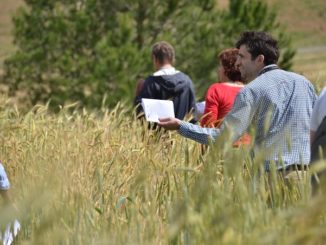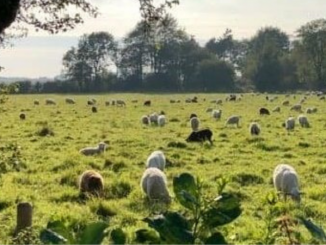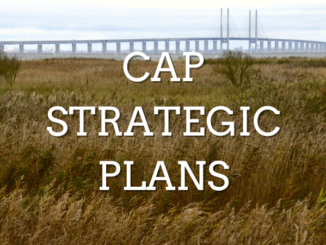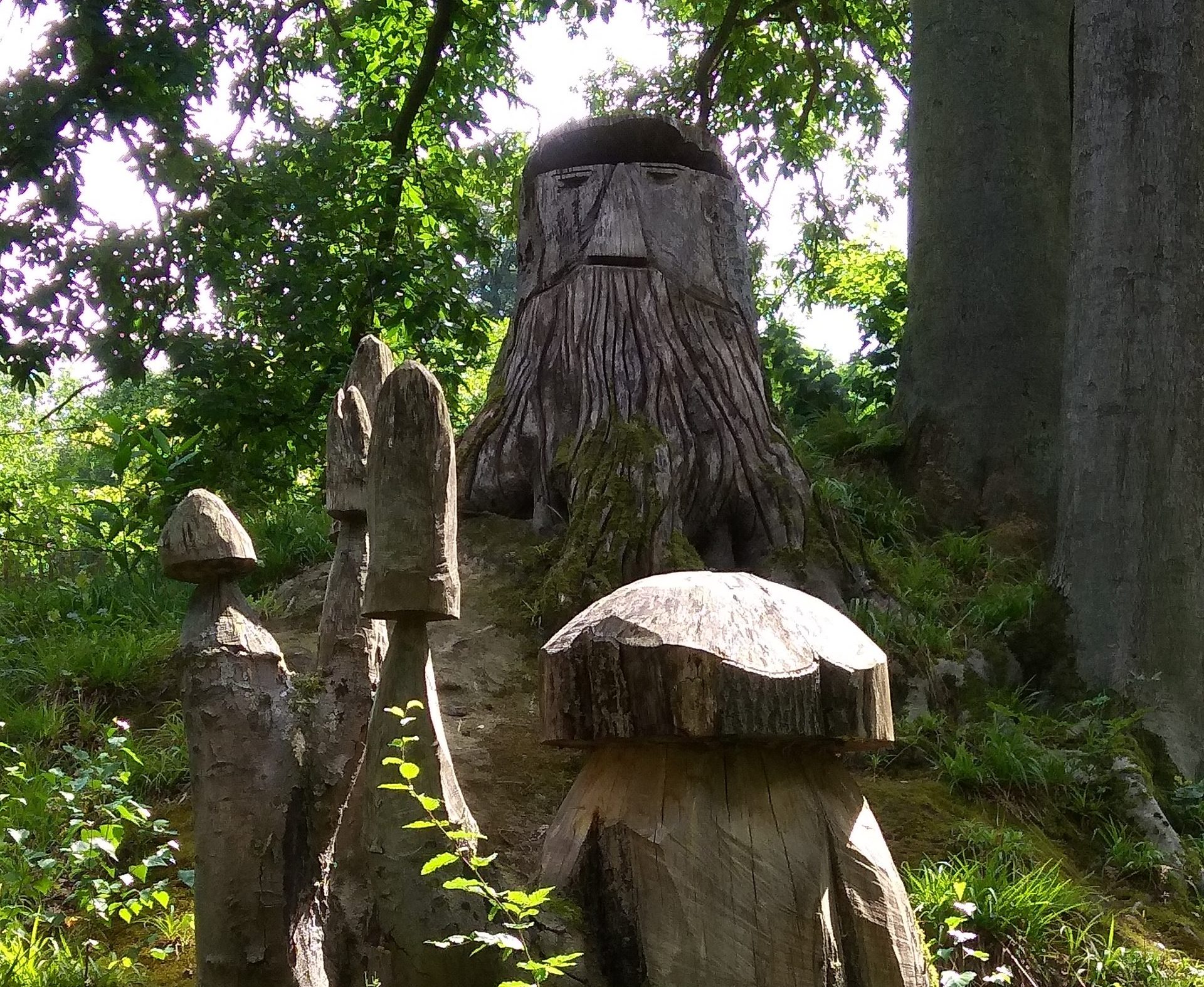
By Ans Rossy
Why don’t we talk about doing good instead of doing less harm? Because we are facing a crisis of imagination, writes Ans Rossy. To move away from our society’s current paradigm of power and influence, we will need inspiring new narratives. Agroecology can help us envision a future that’s about sharing and cooperation.
In his compelling novel “The Great Derangement”, Indian writer Amitav Gosh argues that this climate crisis is not merely a cultural crisis, but a crisis of our imagination and narrative. We lack imagination of a possible future, he says. A possible future that currently, in the midst of Covid-19, is dominated by cyber and tech solutions.
This future not only shows a lack of imagination, and leaves important decisions to a small group of powerful men. More importantly, it rules out the necessary use of collective intelligence from society at large, including social domains, the arts, indigenous and local wisdoms to shape a healthy, peaceful, fair, and ecologically sound future for all, within the biosphere of this planet.
Fire and Water
It is time to change perspectives. The good news is thousands of inspirational agroecological practices already exist. Platforms such as ARC2020 and practitioners worldwide share the images and their stories. However, these narratives are not yet part of the thinking of journalists, decision makers and educators. There is a need to bridge gaps and create a common language for this change to happen.
An old African metaphor of two archetypal forces within us, fire and water, can reconcile the current divide. Fire and water are in a dance. Fire seeks to evaporate water and water seeks to put out fire, and neither triumphs. Fire is the outward and upward force. It is roaring strength, ambition, constant moving, pushing boundaries, action and doing. Water is the inward and downward force. It connects to place, belongs, holds, nurtures, takes time and eventually flows back to and dissolves in the infinite ocean.
Fire energy is more connected to men, water energy to women, but they are also two halves of our lives. The first half is fire energy, the second water energy. It relates to the Asian yin-yang. In the Western growth-oriented worldview we lack such a profound metaphor for the meaning of life.
We live in times of excessive fire energy. Also literally with the many droughts and fires we are facing in this climate crisis. There is definitely a need for more water and water energy. Agroecological practices embrace this energy. They support resilient living systems that protect the soil, build humus and facilitate water retention. It may not come as a surprise that also women are strongly involved in this.
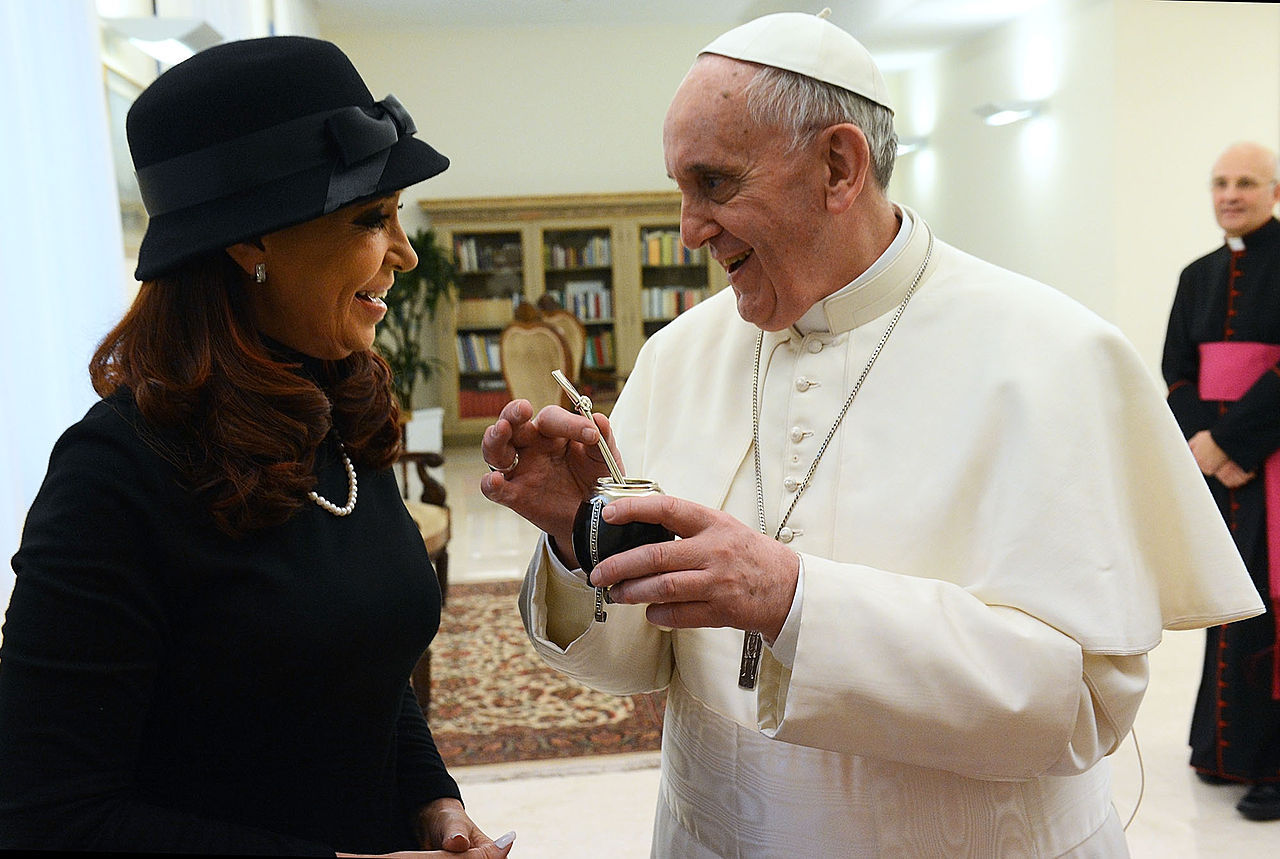
Paris versus the Pope
The language we use is crucial for the way we perceive the world and act upon it. Imagining another future implies using a new language.
To understand the difference language can make, it is interesting to compare two important documents from 2015: the Paris Agreement on climate change and the Papal Encyclical letter Laudato Si. The Paris Agreement uses a highly technical, legal and abstract language, addressing a limited number of planetary challenges. Laudato Si uses a language that addresses the many interconnected challenges for humanity and the planet and touches the heart.
This technical-scientific language has also infiltrated modern agriculture and shaped our landscapes. Behavioural change research shows that our behaviour and actions are highly influenced by our surroundings.
Modern rural (and urban) landscapes with their straight lines and tidy looks do not spark images of sustainable agriculture where nature and culture intertwine. We tend to look at the landscape that is there, not what is missing. No wonder food forests, permaculture gardens and rewilding projects seem to disrupt this perception of what a landscape should look like.
Economic Values lack Roots
The fear of starvation and food shortages after the Second World War was the driver for the European narrative: we have to feed the world. This vision was then put into practice with the notion that every inch of land must be worked and made productive for our survival. It created a system that, as we know now, comes at a high ecological, social, health and cultural cost. It dragged us into severe soil degradation and soul impoverishment.
Science and economic logic have monopolized the language: measuring, control, standardization, productivity and a linear modus operandi. Furthermore, jargon excludes rather than includes. Experimental and ancestral local knowledge is dismissed as old-fashioned, backwards or even false.
In this narrative nature is seen as separate and as an enemy, not as a partner. Access to knowledge, seeds and land is costly, privatized and patented.
These economic values lack roots in the natural place and in our cultural heritage. It prevents us from seeing the big systemic picture, sensing the interdependencies and imagining a flourishing future. Besides as philosophers point out, we suffer from what the French so eloquently call la faiblesse de penser. This framework creates eco-illiteracy, prevents radical (root) change and disconnects us from the very essence of Life (Bio): sharing and caring.
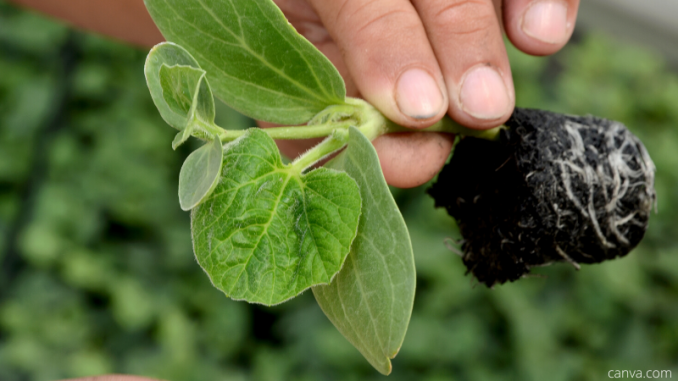
From Ego to Eco
The change agents of agroecological practices share a common ground and language.
It is about connecting to nature, to soil, to knowledge old and new, to young and old, to community. People use head, heart and hands, appreciate craftsmanship and innovate in a web of social and natural networks with meaningful relationships in short circuits. This only works through cooperation.
There is a different relationship to time. Observing nature and learning how plants and animals interact implies taking time. Nature has its own life cycles and rhythm, far away from our Chronos time and accelerations (fire energy). Seasons, tides, animals growing, seeds germinating, everything has its own pace.
Agroecology practitioners I have encountered all say the same: nature makes us exercise patience. You cannot force or command. It is all about nonviolent relationships and working together with nature and supporting the intelligent processes already present through millions of years of evolution. It is an exercise in humility for humanity.
Other key elements in the language and practices are sharing and openness. People are curious and responsive to learning, to changing perspective through exchange while understanding the role of all beings in the ecosystem. Sharing of know-how is at the very heart, is even a key principle. It also uses a language that everybody can understand (not just experts). No need for costly audits or complex controlling mechanisms. This is not about doing less harm, but about doing good, from the outset.
Transparency of working methods is an obvious part of the co-creative process for new tools, products, services and ways of communication, learning and exchange. This means trust is a prerequisite.
This new agricultural paradigm unites human and humus (the same etymological roots), creates solid relationships and adds multiple values. Furthermore, it recognizes all forms of knowledge: savoir, savoir-faire and savoir-être.
There is a shift from Ego, concentration of power and influence to Eco, sharing and cooperation. These practices serve the community, society and the earth. They nourish our soil, heart and soul and build new narratives. So, agriculture at the very heart of life. Or the image Vandana Shiva uses: Agriculture is the ultimate co-evolution of human beings with the Earth.
Ans Rossy is an Educational Ecologist, with a passion for nature, a heart for people and a European soul. She is an internationally experienced expert in complex multi-stakeholder change processes for sustainable development, ecological behaviour change and Nature & Environmental Interpretation and Education. Her own project in 2012 – Cycloasis, cycling to reconnect Earth and Humanity – a 4 months and 2,200 km bicycle journey through France visiting and working at 22 social and agro-ecological projects, was the starting point of the discovery of many more innovative multi-functional agricultural projects in Europe and it nourished her passion to reconnect people to Soil, Soul, Society through action-learning with meaningful impacts on the ground. She also regularly publishes articles.
More inspiration
Coping with Covid19 – Mutual Aid and Local Responses in a time of Coronavirus
Agroecology Europe Forum | Apo Kinou – Crete’s Full Farm to Fork Social Co-op
Rural Dialogues | Ruralization: Finding Frontiers for Rural Regeneration
Rural Dialogues | Intergenerational Collaboration in the Vineyards of Southern France
‘More Farmers Better Food’ – Nyeleni Europe Outlines Routes to a Locally Rooted CAP
Interview with Mary Reynolds | Acts of Restorative Kindness (ARK)
Rural Dialogues | Stochastic System Collapse Part 2 – the Social and Solidarity Economy Alternative



